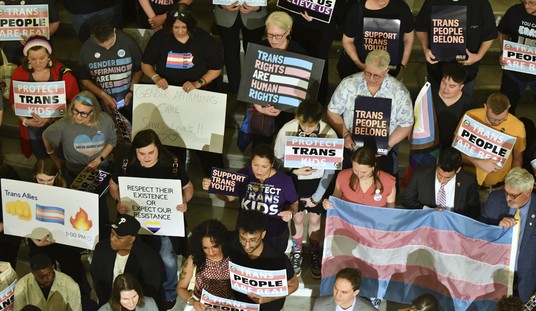WASHINGTON – South Korea Foreign Affairs Minister Kang Kyung-wha on Monday condemned the possibility of a U.S.-North Korea conflict, noting the potentially devastating impacts.
“There cannot be another war in the region,” Kang said at the Center for Strategic and International Studies. “There cannot be another outbreak of war on the Korean Peninsula. The consequences would be devastating not just for the Korean Peninsula but for Northeast Asia and, indeed, the whole international community.”
Her comments come as President Trump and North Korean leader Kim Jong-un continue to trade threatening comments, Trump on Twitter and Kim through high-ranking officials.
North Korean Foreign Minister Ri Yong Ho on Monday accused Trump of declaring war, while reserving the right for a counterstrike against the U.S. The UN Security Council, with blessings from China and Russia, recently approved another round of sanctions against North Korea.
“The UN charter stipulates individual member states’ rights to self-defense,” Ri told reporters on Monday, two days after addressing officials at UN headquarters in New York. “Since the United States declared war on our country, we will have every right to make countermeasures.” He added that this includes the right to shoot down U.S. strategic bombers, even if they’re not inside Korean airspace.
Kang said another Korean conflict could potentially destroy the seven decades of progress that South Korea has made in trying to build a strong, diplomatic country.
A recent Nautilus Institute study estimated that a U.S.-Korea conflict could result in 60,000 casualties in the first full day of attacks on Seoul, where American forces are stationed. Additional studies project about 300,000 civilian deaths in the first few days of fighting.
Kang said that the U.S.-South Korea relationship is increasingly important given the heightened threat of North Korea’s missile program. She said Kim’s actions, which include six recent tests for the country’s intercontinental ballistic missile program, have made the U.S.-South Korea alliance stronger. She also noted that South Korea is spending 2.4 percent of its GDP on defense, bearing a significant cost of stationing U.S. forces in Korea.
Former Secretary of State Madeleine Albright, who served from 1997 to 2001, joined Kang for a conversation at the think tank. Albright, who visited Pyongyang in 2000, is the highest level official to visit the reclusive nation. She cautioned against recent rhetoric from Trump and Kim.
“We don’t need to ramp up the rhetoric. We need to really work,” she said.
She also lauded the no-hostile-intent agreement that President Clinton reached with Kim Jong-il, who died in 2011, as an important step. She lobbied for the U.S. to get to work on placing an ambassador in Seoul. On the UN’s latest Security Council resolution, she said gaining the support of both China and Russia was vital. Still, she continued, the U.S. needs to “lower the temperature.”
When asked about the effectiveness of the UN Security Council sanctions, Kang pointed to recent estimates that the latest round, combined with previous penalties, will result in a 30 percent cut in North Korea’s refined oil industry and their coal industry being cut off entirely. All in all, she said that the sanctions could mean as much as a 90 percent drop for revenues that Kim has been funneling into the country’s missile programs.
“There is room for diplomacy, but time is running out,” she said, noting that Kim is fast approaching his stated goal of building nuclear-tipped ICBMs.
While Albright said she “knows nothing” other than what she reads from news and analysis of North Korea, she hopes that the administration has secret channels open for diplomatic efforts with North Korea.









Join the conversation as a VIP Member